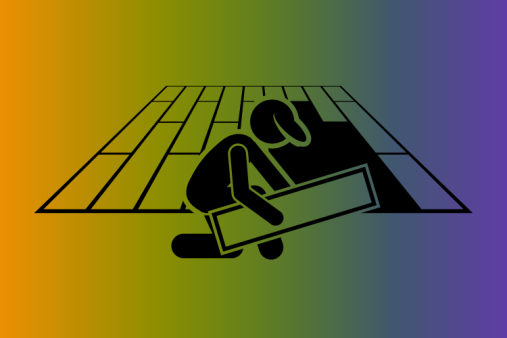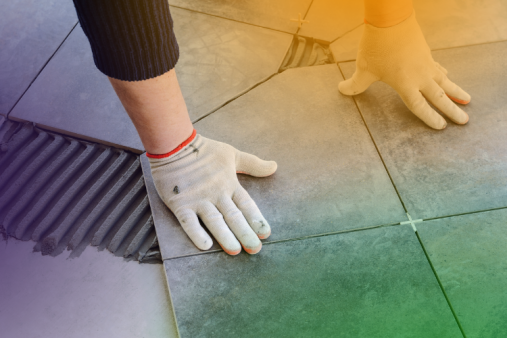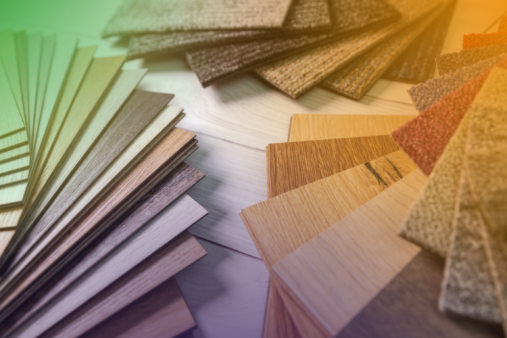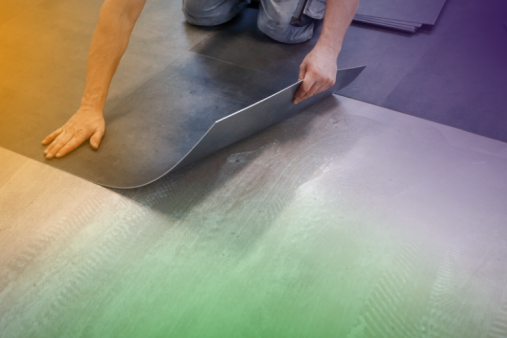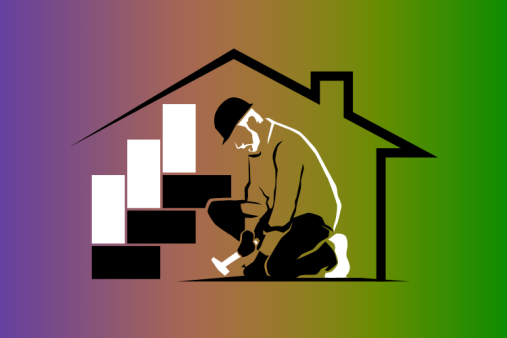Bamboo flooring is a type of flooring made from bamboo grass, which is an eco-friendly and sustainable alternative to traditional hardwood flooring. There are several different types of bamboo flooring available, including:
-
Solid bamboo flooring: This type of flooring is made from solid bamboo strips that are glued together to create a single plank. It is very durable and can be sanded and refinished multiple times.
The cost of solid bamboo flooring in the UK can vary depending on several factors such as the quality of the bamboo, the thickness of the planks, and the brand. On average, solid bamboo flooring can cost anywhere from £25 to £70 per square metre in GBP.
Additionally, the cost of installation can vary depending on the complexity of the project and the installer. On average, installation costs can range from £150 to £200 per day.
-
Engineered bamboo flooring: This type of flooring is made from a thin layer of bamboo that is glued to a base layer of plywood or fiberboard. It is more stable than solid bamboo and can be installed in areas with fluctuating humidity levels.
The cost of engineered bamboo flooring in the UK can vary depending on various factors such as the quality of the bamboo, the thickness of the top layer, and the brand. On average, engineered bamboo flooring can cost anywhere from £25 to £65 per square metre in GBP.
The cost of installation can also vary depending on the installer and the complexity of the project. On average, installation costs can range from £10 to £20 per square metre.
-
Strand-woven bamboo flooring: This type of flooring is made by shredding bamboo into small strands, which are then compressed under high pressure to create a dense, durable material. It is the most durable type of bamboo flooring and has a unique, textured appearance.
The cost of strand-woven bamboo flooring in the UK can vary depending on several factors such as the quality of the bamboo, the thickness of the planks, and the brand. On average, strand-woven bamboo flooring can cost anywhere from £35 to £80 per square metre.
The cost of installation can also vary depending on the installer and the complexity of the project. On average, installation costs can range from £10 to £20 per square metre.
-
Vertical bamboo flooring: This type of flooring is made from bamboo strips that are arranged vertically, giving the flooring a distinctive linear pattern.
The cost of vertical bamboo flooring in the UK can vary depending on several factors such as the quality of the bamboo, the thickness of the planks, and the brand. On average, vertical bamboo flooring can cost anywhere from £25 to £60 per square metre in GBP.
The cost of installation can also vary depending on the installer and the complexity of the project. On average, installation costs can range from £10 to £20 per square metre.
-
Horizontal bamboo flooring: This type of flooring is made from bamboo strips that are arranged horizontally, giving the flooring a more natural, organic look.
Overall, bamboo flooring is available in a wide range of styles and colors, making it a versatile and attractive option for a variety of different spaces.
Cost of bamboo flooring
The cost of bamboo flooring in the UK can vary depending on several factors, including the quality and thickness of the bamboo, the installation method, and the location of the supplier.
As of 2024, the cost of a basic bamboo flooring in the UK can range from around £20 to £40 per square metre. However, the cost can be higher for more premium grades of bamboo or thicker planks, with prices ranging up to £60 or more per square metre.
It is important to note that these prices are estimates and may vary depending on the specific requirements of the project. It is recommended to obtain quotes from several flooring suppliers and compare their fees and services before making a decision. Additionally, the cost of any necessary installation and finishing work, such as sealing and sanding, should be taken into account.
Disadvantages of bamboo flooring
While bamboo flooring is a popular and eco-friendly flooring option, it does come with some disadvantages. Some of the main disadvantages of bamboo flooring include:
-
Prone to scratches and dents: While bamboo flooring is generally durable, it is susceptible to scratches and dents. This can be especially true for lower-quality bamboo flooring or bamboo flooring with a lower Janka rating.
-
Susceptible to moisture damage: Bamboo flooring can be sensitive to moisture and humidity, which can cause warping or damage to the floorboards over time. It's important to ensure that the bamboo flooring is properly installed and maintained to avoid moisture-related issues.
-
Limited color options: While bamboo flooring is available in a variety of colors and finishes, it has a more limited range of options compared to other flooring materials like hardwood or vinyl.
-
Can be difficult to install: Installing bamboo flooring can be challenging, especially for those who are not experienced in flooring installation. Additionally, certain types of bamboo flooring may require specialized tools or techniques to install properly.
-
May contain adhesives or chemicals: Some bamboo flooring may contain adhesives or chemicals that can be harmful to indoor air quality or cause allergic reactions in sensitive individuals. It's important to choose high-quality bamboo flooring that is certified as low-VOC and free from harmful chemicals.
Overall, bamboo flooring can be a durable and sustainable flooring option, but it's important to consider its potential drawbacks before making a purchase.
Is bamboo flooring cheaper than hardwood flooring?
The cost of bamboo flooring compared to hardwood floors can vary depending on the specific type of flooring and quality. However, in general, bamboo flooring can be a more affordable flooring option compared to hardwood floors in the UK. Solid hardwood flooring can range from around £30 to £120 per square meter, while bamboo flooring can range from around £20 to £70 per square meter. Engineered hardwood flooring can be more expensive, starting at around £40 per square meter, while engineered bamboo flooring can be found for around £30 to £60 per square meter. It's important to keep in mind that the cost of installation and any additional materials or services can also affect the overall cost of the flooring.
How long will bamboo floors last?
The lifespan of bamboo floors can vary depending on factors such as the quality of the flooring, the level of foot traffic, and the amount of maintenance and care provided. In general, high-quality bamboo flooring that is properly installed and maintained can last anywhere from 20 to 50 years or more. However, it's important to note that bamboo flooring that is exposed to excessive moisture or humidity, or that is subject to heavy wear and tear, may have a shorter lifespan. To ensure the longevity of your bamboo flooring, it's important to follow proper maintenance and care guidelines, such as avoiding excessive moisture, cleaning spills promptly, and regularly cleaning and maintaining the flooring.
Is bamboo flooring cheaper than carpet?
The cost of bamboo flooring compared to carpet can vary depending on the specific type of flooring and quality. In general, bamboo flooring can be more expensive than carpet per square meter in the UK. Bamboo flooring can range from around £20 to £70 per square meter, while carpet can range from around £5 to £30 per square meter. It's important to keep in mind that the cost of installation and any additional materials or services can also affect the overall cost of the flooring. Additionally, the cost of bamboo flooring may be higher than carpet initially, but the longer lifespan and durability of bamboo flooring may make it a more cost-effective choice in the long run.

